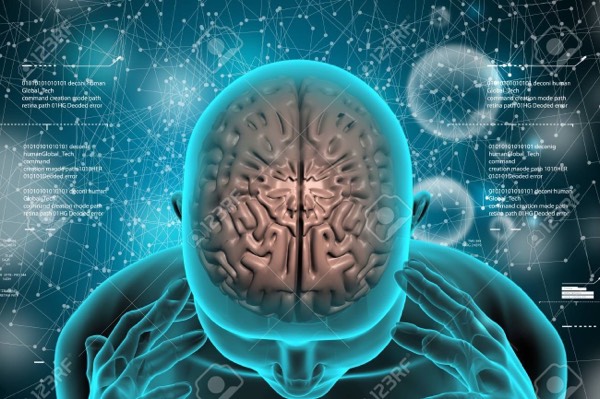
Laura Monk
@ThriveLauraMonk · 5:00
Learning Brain vs. Survival Brain
The first one is chronic stress. Our brains are built and designed to handle stress, but they can hit a point where stress has gone on for too long to enable them to function fully. There can be lasting neurological problems caused by excessive stress. One study notes that stress can cause an imbalance in the parts of your brain controlling cognition, decision making, anxiety and mood which can affect those behaviors and behavioral states

Laura Monk
@ThriveLauraMonk · 5:00
When you do, you'll see that you become open again to new experiences and ideas. There are many ways to address trauma and PTSD, from speaking about it with, let's say, friends and family to professional help therapy, either individual or group can be highly beneficial in resolving PTSD. Rest it may sound mundane, but rest is incredibly important for us to be functional as people

Laura Monk
@ThriveLauraMonk · 3:29
Rest. It may sound mundane, but rest is incredibly important for us to be functional as people. Moving from learning brain to survival brain is a sign from your body that rest is needed, and it can definitely help you move back into learning brain mode. Your nervous system will have time to calm down. Your brain will have time to recharge and process the information of recent events, and your overall spirit can feel renewed just by you taking some time off

